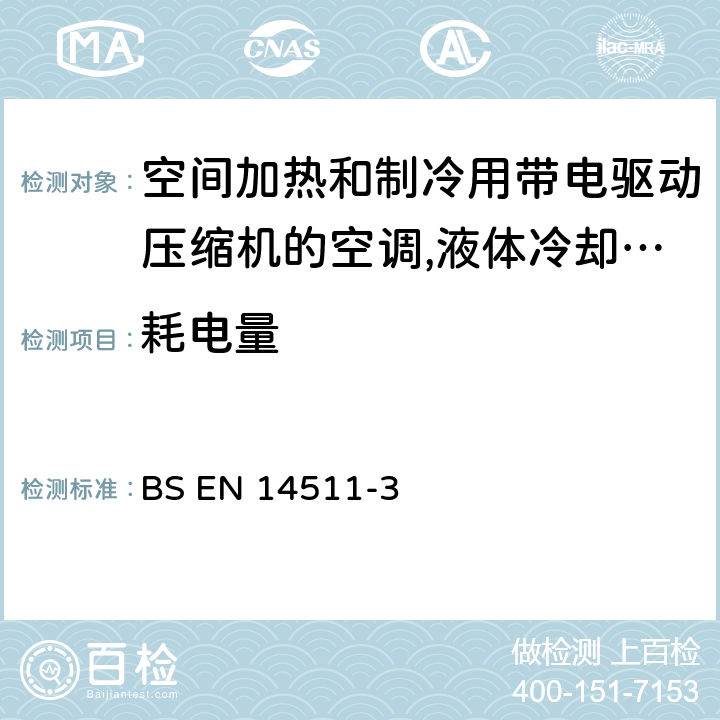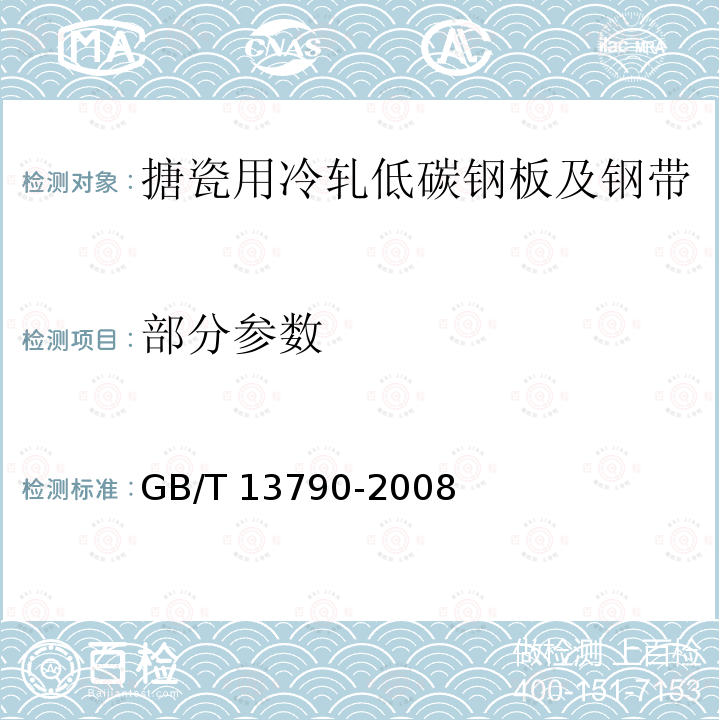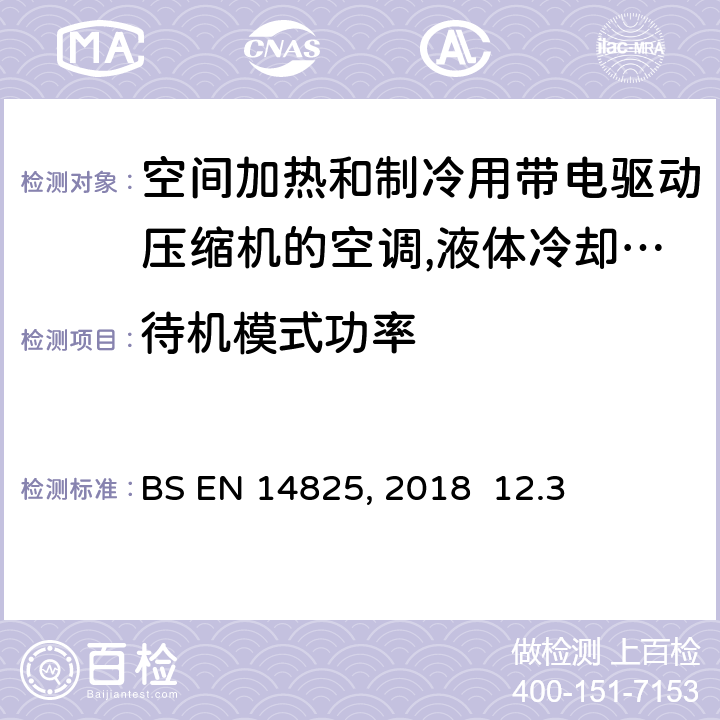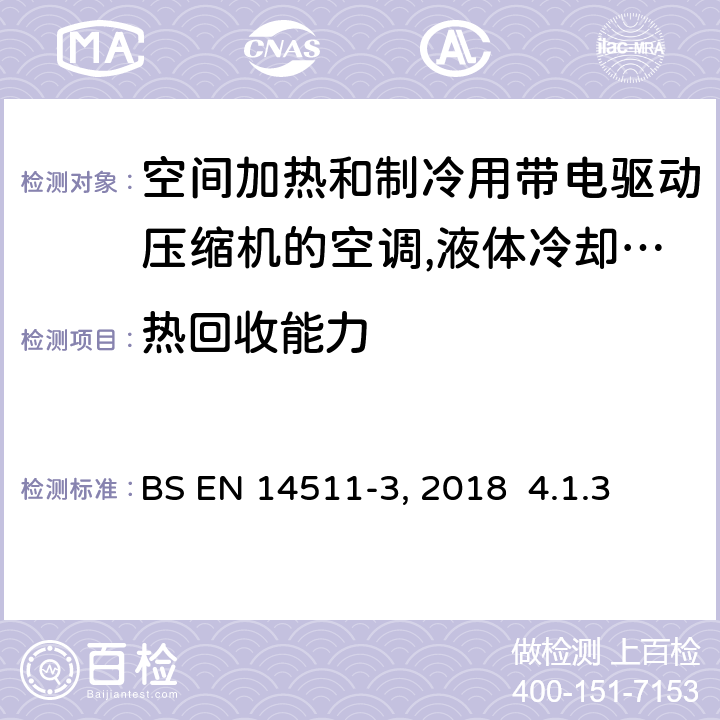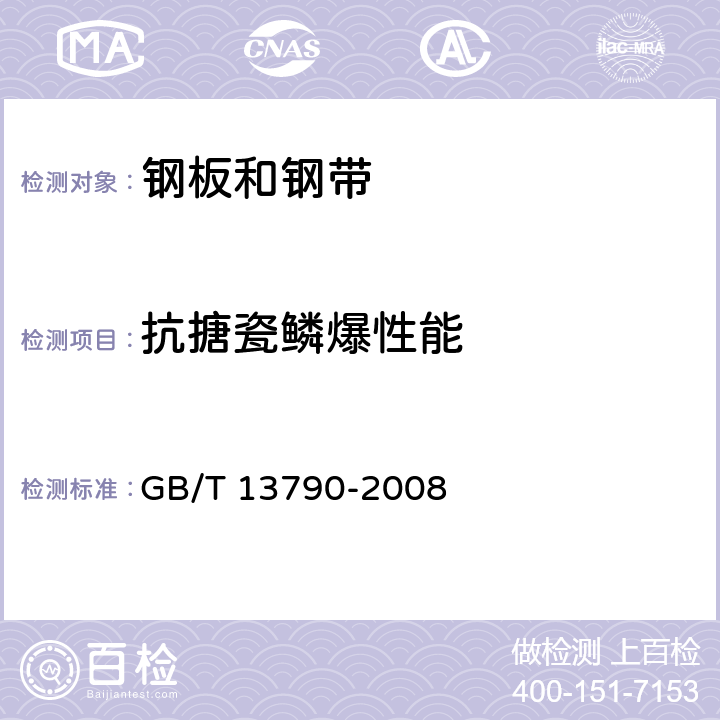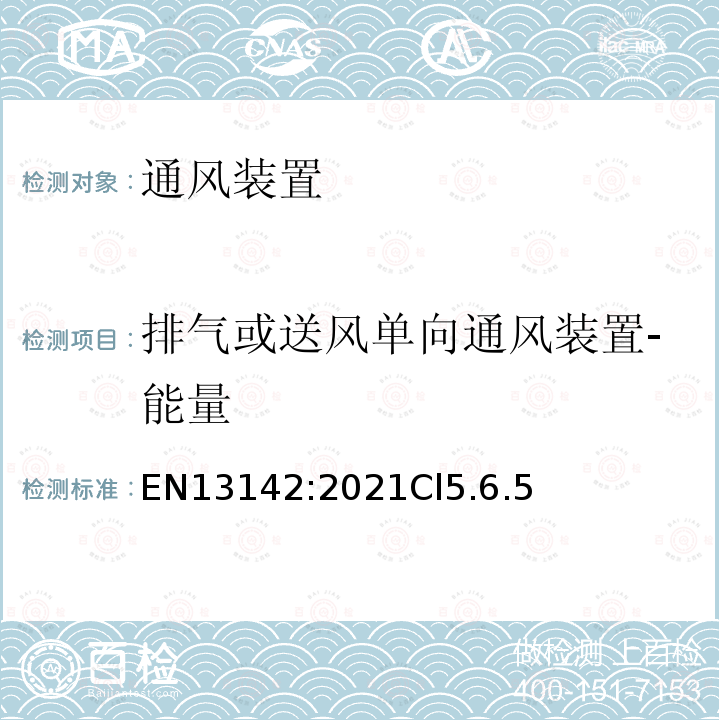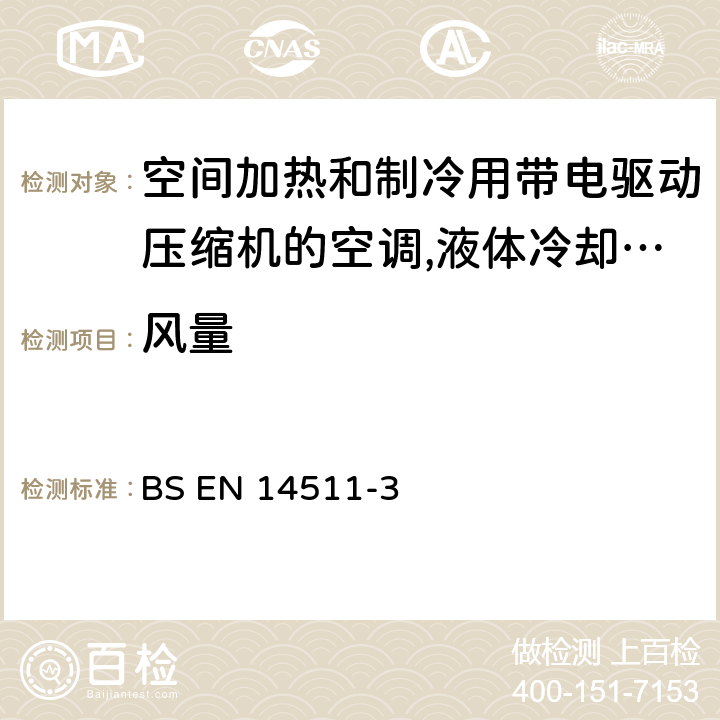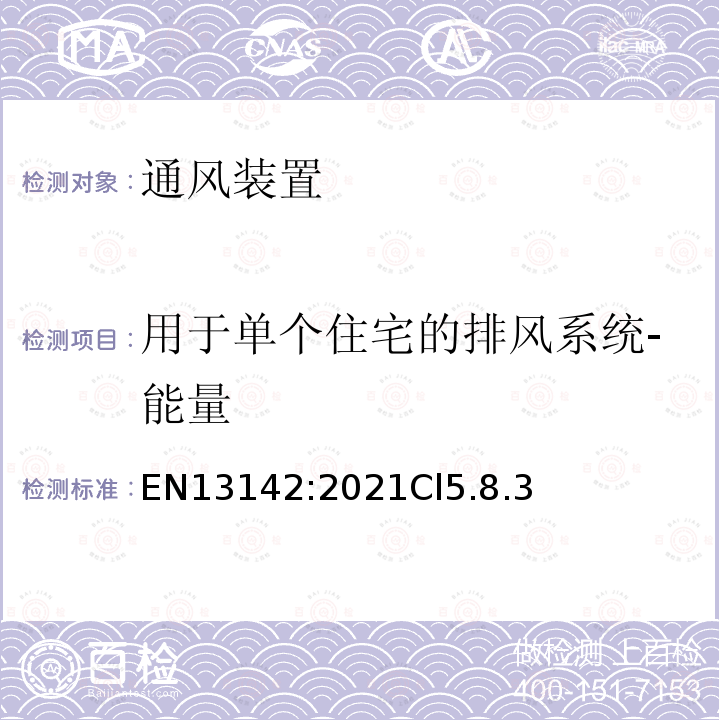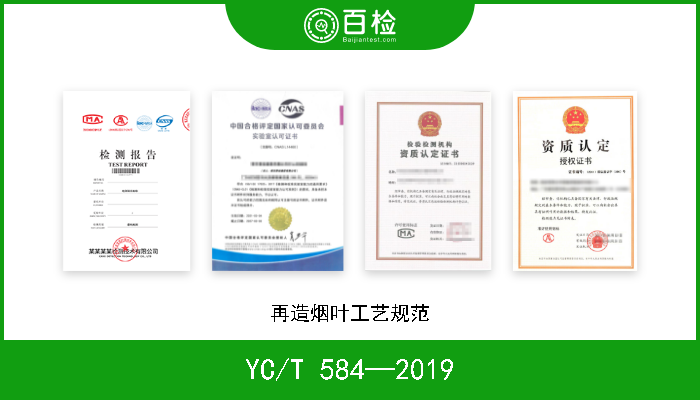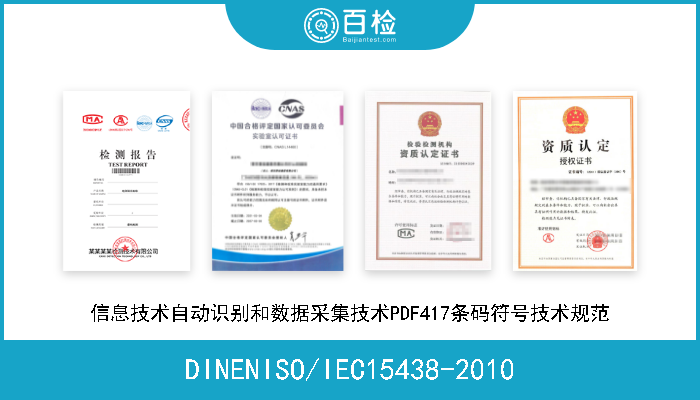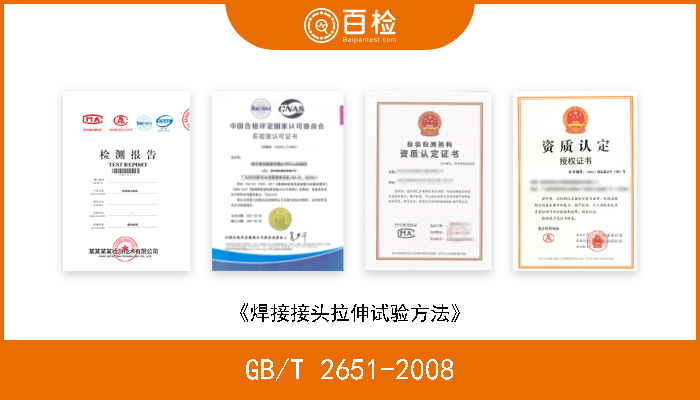BS EN ISO 13790-2008 建筑物能量特性.空间加热和冷却用能量的计算
百检网 2021-08-03
标准号:BS EN ISO 13790-2008
中文标准名称:建筑物能量特性.空间加热和冷却用能量的计算
英文标准名称:Energy performance of buildings - Calculation of energy use for space heating and cooling
标准类型:P31
发布日期:2008/12/31 12:00:00
实施日期:2008/12/31 12:00:00
中国标准分类号:P31
国际标准分类号:91.120.10;91.140.10
引用标准:ISO 6946;ISO 7345;ISO 10077-1;ISO 13370-2007;ISO 13786-2007;ISO 13789-2007;ISO 15927-4;EN 15217
适用范围:This International Standard gives calculation methods for assessment of the annual energy use for spaceheating and cooling of a residential or a non-residential building, or a part of it, referred to as “the building”.This method includes the calculation of:a) the heat transfer by transmission and ventilation of the building zone when heated or cooled to constantinternal temperature;b) the contribution of internal and solar heat gains to the building heat balance;c) the annual energy needs for heating and cooling, to maintain the specified set-point temperatures in thebuilding – latent heat not included;d) the annual energy use for heating and cooling of the building, using input from the relevant systemstandards referred to in this International Standard and specified in Annex A.The building can have several zones with different set-point temperatures, and can have intermittent heatingand cooling.The calculation interval is either one month or one hour. For residential buildings, the calculation can also beperformed on the basis of the heating and/or cooling season.This International Standard also gives an alternative simple hourly method, using hourly user schedules (suchas temperature set-points, ventilation modes or operation schedules of movable solar shading).Procedures are given for the use of more detailed simulation methods to ensure compatibility and consistencybetween the application and results of the different types of method. This International Standard provides, forinstance, common rules for the boundary conditions and physical input data, irrespective of the calculationapproach chosen.Special attention has been given to the suitability of this International Standard for use within the context ofnational or regional building regulations. This includes the calculation of an energy performance rating of abuilding, on the basis of standardized conditions, for an energy performance certificate. The result can havelegal implications, in particular when it is used to judge compliance with minimum energy performance levels,which can, for instance, be required to obtain a building permit. For such applications, it is important that thecalculation procedures be unambiguous, repeatable and verifiable. A special situation is the calculation of theenergy performance in the case of old existing buildings, if gathering the full required input would be toolabour-intensive for the purpose, relative to the cost-effectiveness of gathering the input. In this case, it isimportant that the calculation procedures provide the right balance between accuracy and data collectioncosts. To accommodate the application for these and other situations, this International Standard offersdifferent choices. It is up to national bodies whether or not to choose a specific option for mandatory use, e.g.depending on the region in the country, the type of building and its use, and on the purpose of theassessment.
中文标准名称:建筑物能量特性.空间加热和冷却用能量的计算
英文标准名称:Energy performance of buildings - Calculation of energy use for space heating and cooling
标准类型:P31
发布日期:2008/12/31 12:00:00
实施日期:2008/12/31 12:00:00
中国标准分类号:P31
国际标准分类号:91.120.10;91.140.10
引用标准:ISO 6946;ISO 7345;ISO 10077-1;ISO 13370-2007;ISO 13786-2007;ISO 13789-2007;ISO 15927-4;EN 15217
适用范围:This International Standard gives calculation methods for assessment of the annual energy use for spaceheating and cooling of a residential or a non-residential building, or a part of it, referred to as “the building”.This method includes the calculation of:a) the heat transfer by transmission and ventilation of the building zone when heated or cooled to constantinternal temperature;b) the contribution of internal and solar heat gains to the building heat balance;c) the annual energy needs for heating and cooling, to maintain the specified set-point temperatures in thebuilding – latent heat not included;d) the annual energy use for heating and cooling of the building, using input from the relevant systemstandards referred to in this International Standard and specified in Annex A.The building can have several zones with different set-point temperatures, and can have intermittent heatingand cooling.The calculation interval is either one month or one hour. For residential buildings, the calculation can also beperformed on the basis of the heating and/or cooling season.This International Standard also gives an alternative simple hourly method, using hourly user schedules (suchas temperature set-points, ventilation modes or operation schedules of movable solar shading).Procedures are given for the use of more detailed simulation methods to ensure compatibility and consistencybetween the application and results of the different types of method. This International Standard provides, forinstance, common rules for the boundary conditions and physical input data, irrespective of the calculationapproach chosen.Special attention has been given to the suitability of this International Standard for use within the context ofnational or regional building regulations. This includes the calculation of an energy performance rating of abuilding, on the basis of standardized conditions, for an energy performance certificate. The result can havelegal implications, in particular when it is used to judge compliance with minimum energy performance levels,which can, for instance, be required to obtain a building permit. For such applications, it is important that thecalculation procedures be unambiguous, repeatable and verifiable. A special situation is the calculation of theenergy performance in the case of old existing buildings, if gathering the full required input would be toolabour-intensive for the purpose, relative to the cost-effectiveness of gathering the input. In this case, it isimportant that the calculation procedures provide the right balance between accuracy and data collectioncosts. To accommodate the application for these and other situations, this International Standard offersdifferent choices. It is up to national bodies whether or not to choose a specific option for mandatory use, e.g.depending on the region in the country, the type of building and its use, and on the purpose of theassessment.
百检能给您带来哪些改变?
1、检测行业全覆盖,满足不同的检测;
2、实验室全覆盖,就近分配本地化检测;
3、工程师一对一服务,让检测更精准;
4、免费初检,初检不收取检测费用;
5、自助下单 快递免费上门取样;
6、周期短,费用低,服务周到;
7、拥有CMA、CNAS、CAL等权威资质;
8、检测报告权威有效、中国通用;
客户案例展示
相关商品
版权与免责声明
①本网注名来源于“互联网”的所有作品,版权归原作者或者来源机构所有,如果有涉及作品内容、版权等问题,请在作品发表之日起一个月内与本网联系,联系邮箱service@baijiantest.com,否则视为默认百检网有权进行转载。
②本网注名来源于“百检网”的所有作品,版权归百检网所有,未经本网授权不得转载、摘编或利用其它方式使用。想要转载本网作品,请联系:service@baijiantest.com。已获本网授权的作品,应在授权范围内使用,并注明"来源:百检网"。违者本网将追究相关法律责任。
③本网所载作品仅代表作者独立观点,不代表百检立场,用户需作出独立判断,如有异议或投诉,请联系service@baijiantest.com
相关问答







